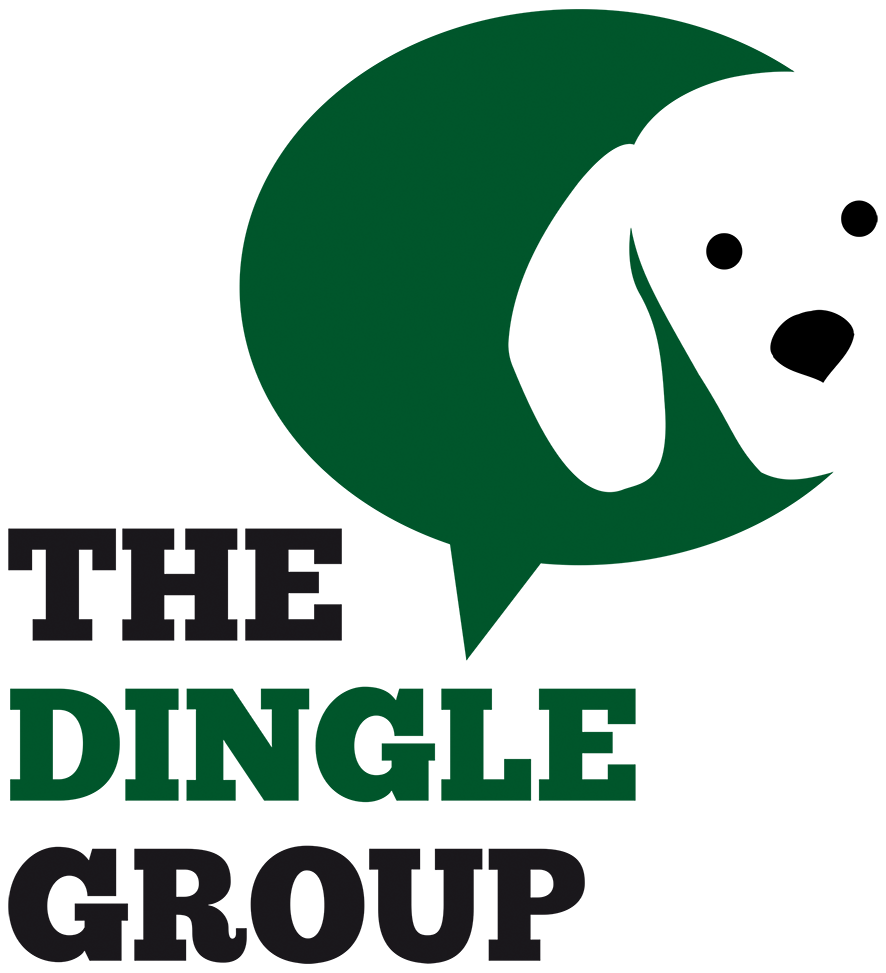For the past five days the rest of my family has been away and I was home alone with our dog. Over this time, I have come to a deeper realization that being sensitive to other’s needs is an excellent way to grow.
We have a young dachshund (or dackel to those in German speaking world) that has all the energy and rambunctiousness of a 2-year-old child (and an uncanny similarity in getting into mischief). She operates really in two modes, play and sleep. On our first day, I attempted to stay focused on the tasks that I had on my list for the day. Amber quickly sabotaged this plan.
Each time I sat down at the computer, she came trotting into the room either dragging a blanket, carrying a ball, or trying to jump up on my lap. However, I being the responsible adult was determined to maintain my focus and commitment to getting my tasks done. I was soon shown the error of my ways.
On that first day, while I was focused on my work, Amber was silent. Feeling totally in control (but really being oblivious) I worked away. In reality I should have much more concerned. After several hours, my subconsciousness was nudging me, “Amber is very quiet… What is she doing?” I peered down the hall there she was lying on her blanket happily chewing away. Chewing something I did not recognize.
As I walked down the hall towards her, she jumped up and came trotting towards me, tongue hanging out, obviously happy, and leaving a trail of orange footprints along the hard wood floors behind her. Amber had learned something new; she had surveyed the shelves and selected a lovely orange marker as a new chew toy. From my examination of the destruction on her blanket, half of the marker was missing. Where the other half was would be revealed the next day…
I’d like to say that this was the point when I realized that my attention needed to be on her, and that the other tasks would have to wait, but the reality is it wasn’t. It was after she had chewed a saved postcard from a friend, a placemat, a handbag and was about to test the durability of a thumb drive when I realized I was approaching this situation completely wrong.
In the work environment a leader’s inattention to their team members can result in much more significant losses…
In the work environment a leader’s inattention to their team members can result in much more significant losses; losses of time, increased costs due to rework and demoralization and disengagement of team members are not uncommon. There are plenty of signals that we miss as a result of busyness, distraction or self-absorption. Signals like a hesitancy to accept a request, silence where normally there is conversation, or a report delivered that misses the point or purpose.
Instead of picking up on these signs, our typical responses are:
Ignore and get on with it,
Apply “correction” mode
Annoyance and then a just “doing it ourselves”
When we let ourselves take these ‘auto-pilot’ decisions everyone (you, the employee, and the team) not only misses the opportunity to grow but it also damages the trust critical for optimal team performance.
If we approach these situations like a good teacher, we must recognize that there are two fundamental failures here. The first lies with us. We (as leaders) through our inattention missed the signals of doubt or misunderstanding. A technique that is very helpful to help identify this misunderstanding is to reflect back on the conversations with the perspective of a 3rd person observing the interaction. It is when we become conscious of our behaviors and what is motivating them that we can start the process of adaptation and growth.
It is when we become conscious of our behaviors and what is motivating them that we can start the process of adaptation and growth
The second failure is that the team member was for some reason unwilling to show doubt or uncertainty by asking the necessary questions to ensure understanding. Remember, by asking these kinds of questions the team member is put into an exposed situation. They feel very vulnerable. The act of asking a question requires the team member to have a high level of trust in you and the team. Doubts are swirling through their brains yelling: “Don’t do this! It will make you look stupid! Your career is done!” The team sets the environment tone but it is the leader that sets the guideposts for the tone. It is not what is written or said that defines the guideposts, but the actions of the leader.
This brings me back to Amber, she was sending me all the signals that she wanted my full and complete attention (like a 2 year old) and I chose to ignore those signals, to the resulting carnage. As the days unfolded, I was faced with two ways of dealing with our dog. The first was harsh discipline, putting her in her crate and trying to force her to change. The second was to embrace the innocence of an animal, laugh and enjoy her unencumbered playfulness, to accept that and let her playfulness impact me. We all have far too much of the first options in our lives, so for a change I embraced the other. The result was a much more enjoyable weekend, a refreshed mind, and a more effective start of the week.

